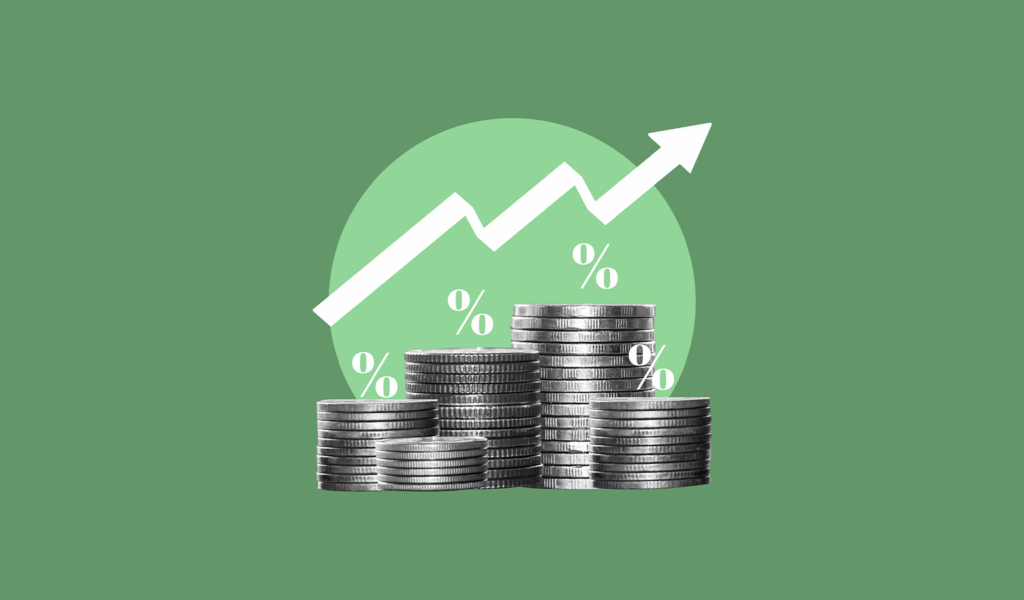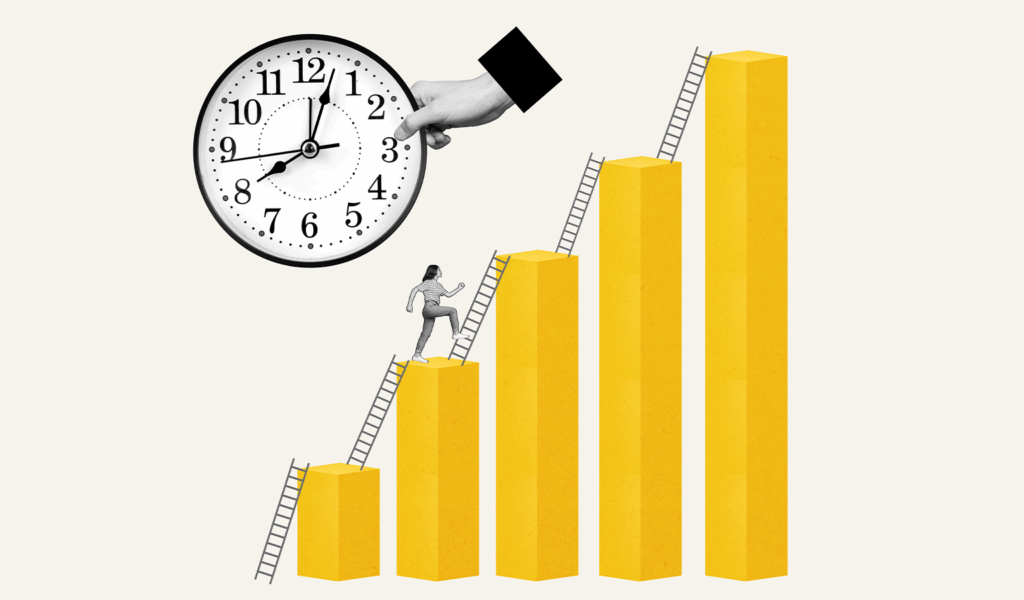sales
Are Analytics the Future of B2B Sales?
It seems like every day there’s a new sales tool or technology that touts it will revolutionize your sales process. Many of these tools may not be much better than what you’re using, and many of them genuinely can help your team meet their revenue goals. The big hurdle is finding out which sales technologies are effective and will become obsolete over time. One of the hottest new sales technologies to hit the market is sales analytics. In this blog, we cover what sales analytics really is and how it will impact not only your business, but the entire B2B sales industry.
What are Sales Analytics?
Before we go further, it’s important to understand what the term “sales analytics” means. Big data analytics have been around for a long time, but the applications for B2B sales are much newer. Sales analytics in particular is a technological process that takes raw sales data (usually from CRM or another sales activity tracker) and transforms it into meaningful insight.
How Do Sales Analytics Change the Current State of B2B Sales?
The insight that analytics can offers into the sales process is game-changing for businesses. It means that for the first time, large B2B sales teams can use data to accurately tell what is working and what isn’t. Here are a few areas that have completely transformed thanks to sales analytics:
More Visibility into Sales Inefficiencies
How much time does your sales team waste searching for sales materials? Are reps focusing on leads that aren’t likely to close? Are certain sales reps taking much longer to close deals than others? With sales analytics, you use macro data to pinpoint both large and minor inefficiencies in your sales process. By knowing the exact areas where you’re wasting time, money, and effort, you can make strategic improvements to your sales.
More Visibility into what’s Effective
Fixing inefficient activities is just one piece of the puzzle. You also need to know what you should be doing more of. With sales analytics, you can see which email templates get the highest response rates, which time of the day is best for calling your prospect, which sales materials your buyers are engaging with the most, and which sales activities lead to the highest close rates—to name a few. A strong sales analytics platform does more than just tell you what’s happening now—it tells you what you should do moving forward to get better sales results.
Smarter Planning/Decision-Making
How do your sales reps choose which leads to pursue, when to follow up with prospects, and what messaging or materials to send? Without analytics to back up your sales team’s decisions, they’re likely reduced to basing sales decisions on gut instinct or some generic, templated process. That’s not smart planning.
You can use sales analytics to dynamically guide your sales reps throughout each day, providing tips and next-step activities that shift in priority as new sales information becomes available (such as a buyer responding to an email or a new lead added to the pipeline). The result is that your reps make decisions based off clear, actionable data. You can even use that same analytics system to make decisions on a larger scale, such as predicting close rates or revenue goals.
What Does This Mean for the Future?
We cover this topic in more detail in our quick paper, All Right Turns, but here’s the gist of it: As more companies become aware of the benefits of sales analytics, it will become the norm for B2B sales. Sales processes will become hyper-streamlined, and companies will old school sales processes will be pushed out of the market simply because they don’t have the time, money, or manpower to achieve the same results.
Sales Analytics is Here (and Here to Stay)
So back to the original question: are analytics the future of B2B sales? The answer is unequivocally yes, but there’s an important caveat. Analytics aren’t just the future of B2B sales—they’re the present. Early technology adopters are already seeing the benefits of sales analytics in their businesses, and this is just the beginning.











